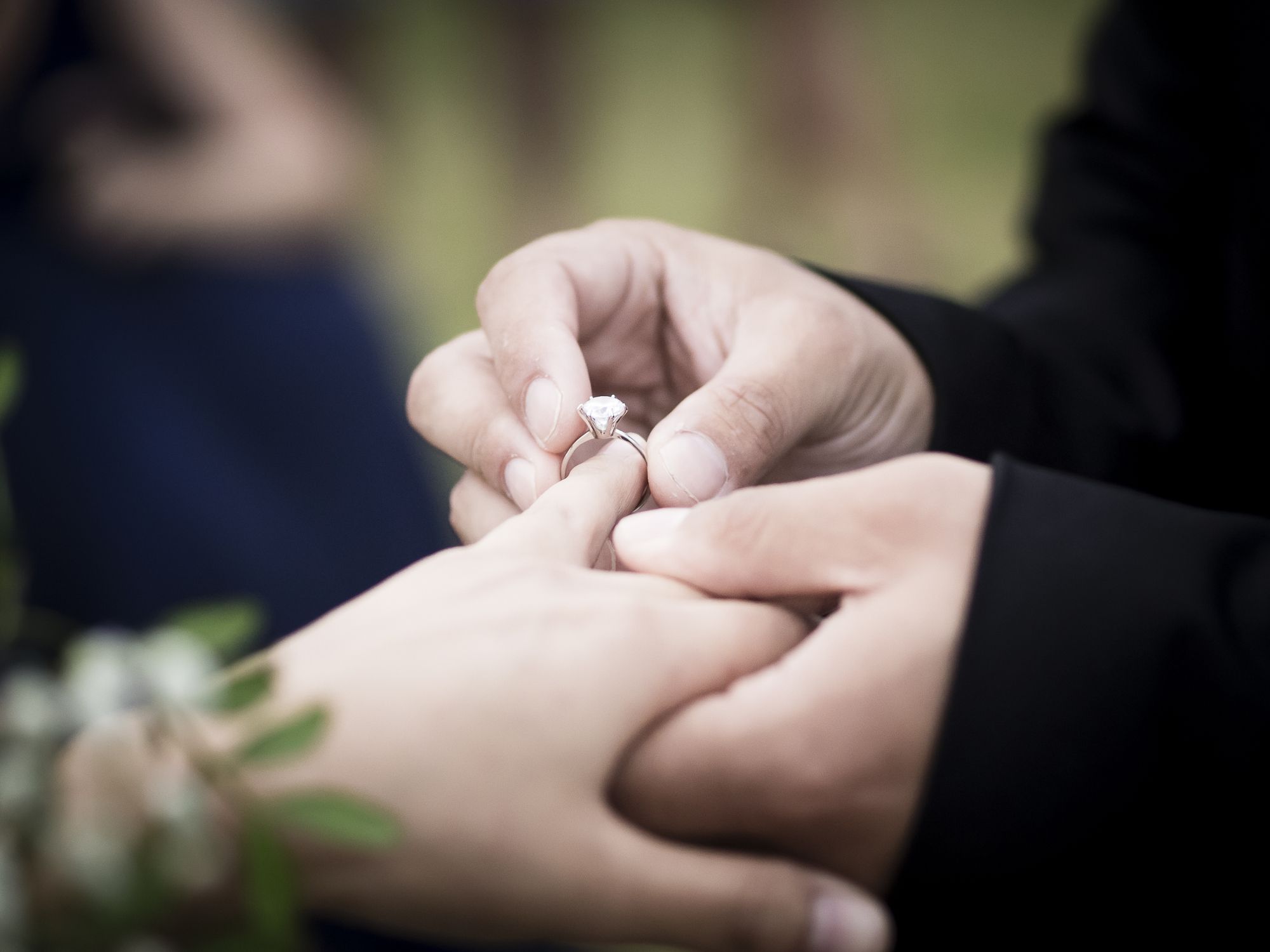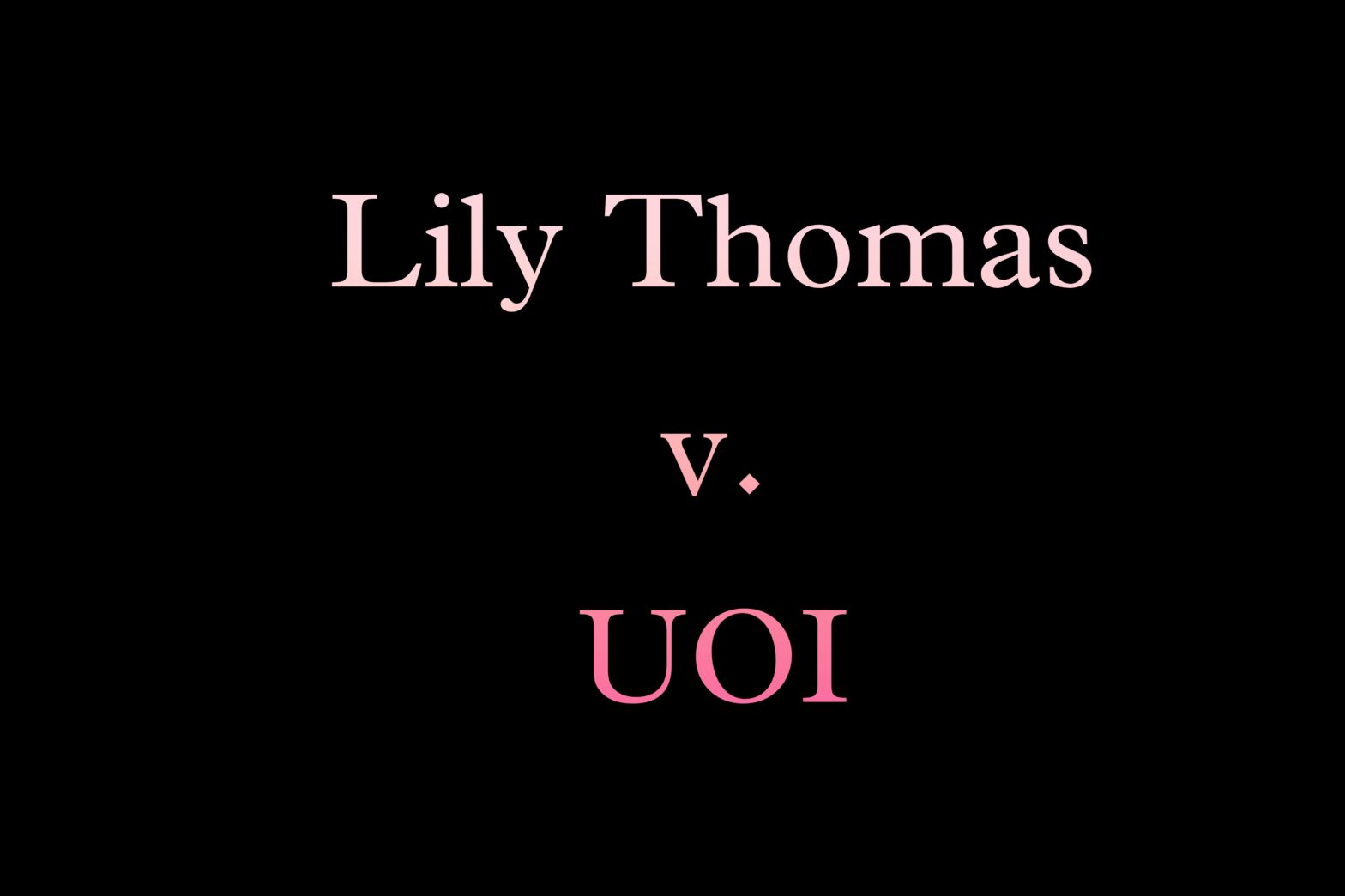Title of the case- Lily Thomas V. Union Of India
Citation- AIR 2000 SC 1650
Bench-A.K Patnaik, Sudhanshu Jyoti Mukhopadhaya
Decided on- 5th April 2000
Appellant – Lily Thomas
Respondent- Union of India and others
Facts
Smt. Sushmita Ghosh, wife of Shri G.S Ghose filed a writ petition in the Supreme Court of India stating that she is married to Shri G.S Ghose on 10 May 1984 according to Hindu rites and since then both of them are living happily in Delhi. On 1 April 1992, Shri G.S Ghose told the petitioner to give him a divorce on mutual consent as he has taken Islam and wants to remarry with Vinita Gupta, who is divorced and has two children. He also told the petitioner that he has already fixed a date and he will marry her in the second week of July. Shri G.S Ghose also showed a certificate issued by the office of the Maulana Qari Mohammad Idris, Shahi Qazi dated 17th June 1992 certifying that he had embraced Islam.
The petitioner call her father and aunt and told her husband intentions to convert to Islam and remarry. Everyone tries to convince Shri G.S Ghose but to no avail and he insists that Sushmita must agree to her divorce otherwise she will have to put up with a second wife. It was mentioned in the petition that G.S Ghose has converted into Islam only to remarry and not have any real faith in Islam. He did not practice the Muslim rites nor he has changed his name and religion in any other documents. In the writ petition, the petitioner prayed that her husband should be restrained from entering into a second marriage with Vinita Gupta.
Issues
- Whether there should be a Uniform Civil Code for all citizens of India?
- Whether a Hindu husband can solemnize second marriage by converting to Islam?
- Whether the husband would be liable for bigamy under section 494 of IPC?
Holding

Justice S. Sagir Ahmad held that if a party has a living spouse and he tries to contract a second marriage then such marriage may be null and void under Section 11 of the Hindu Marriage Act,1956. Such marriage is also void under Section 17 of the HMA, 1956 which deals with bigamy. The person committing bigamy shall be punished under Section 494 and 495 of the Indian Penal Code,1860.
Court Further held that The violation of Article 21 is misinterpreted, Article 21 of the Constitution stipulates that “no person shall be deprived of his right and personal freedom except in the context of a procedure established by law”, and such an act of second marriage while the first marriage still persists in violation of Art. 21.
The court further observes that, if a Hindu husband after conversion to Islam contracts the second marriage without breaking up the first marriage., then the second marriage is null and void by virtue of sections 494 and 495 of the IPC, and the husband will be penalized accordingly.
Rational
The rationale given by the Court in this appeal is that simple conversion does not end matrimonial relations unless a divorce order is obtained from the court.
The freedom guaranteed by Article 25 of the Constitution of India is such freedom that does not infringe on the similar freedom of any other person.
Under the Constitution, everyone has a fundamental right not only to entertain the religious faith of this choice but also to set forth his beliefs and ideas in a manner that does not infringe on the religious right and personal liberty of others. The word Islam means submission to God, not merely marriage. Muslim law is permitted in India for second marriage, but the condition that you can do justice to the co-wives then only you are allowed., holiness and purity of matrimony always come first. Simply because of marriage, you cannot solemnize the second marriage by converting religion.
